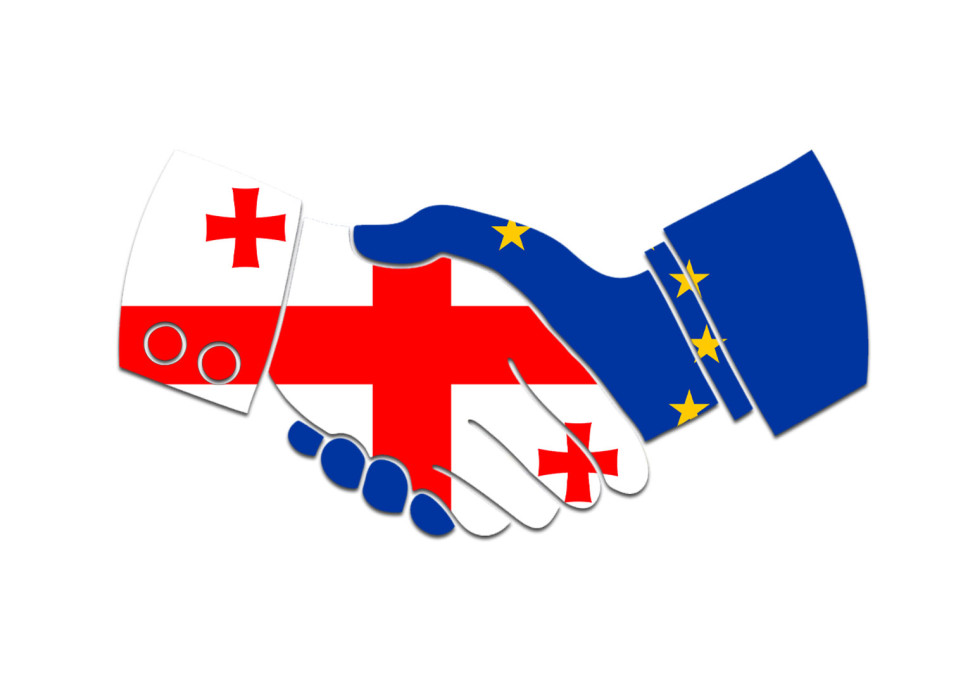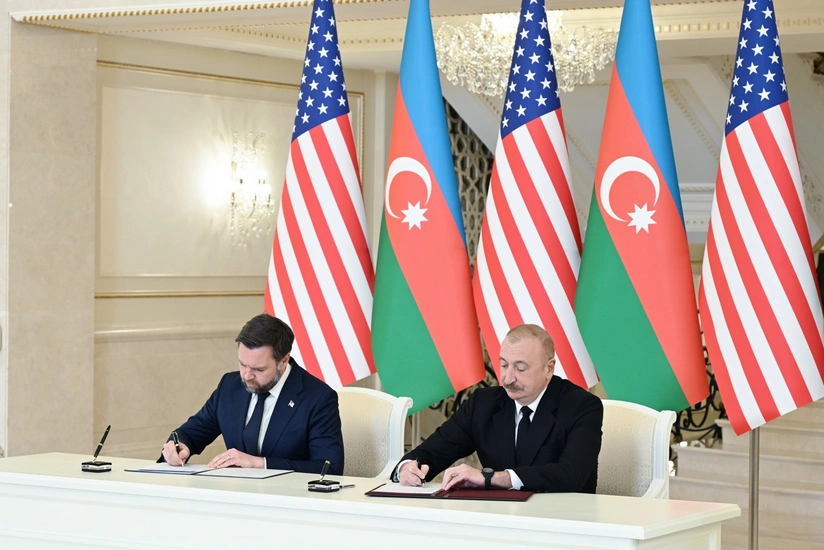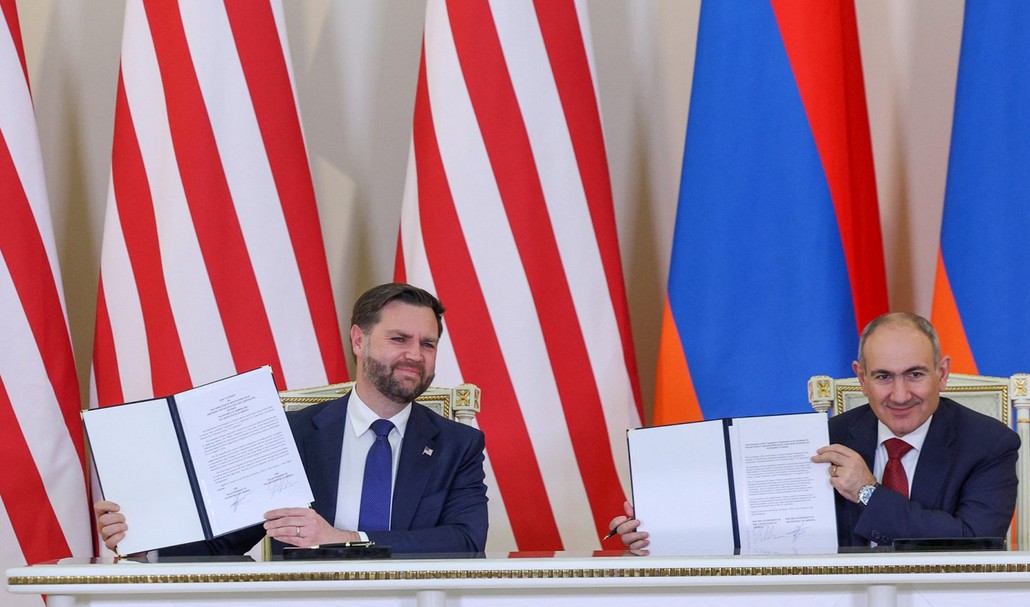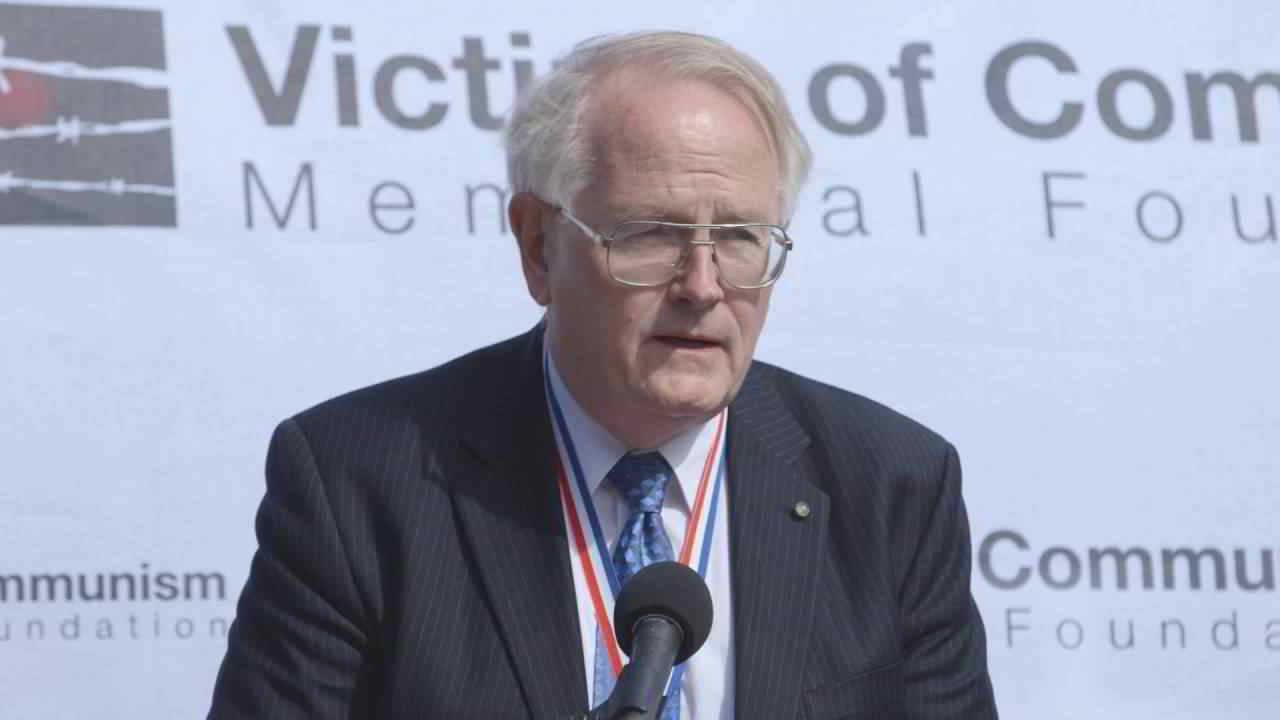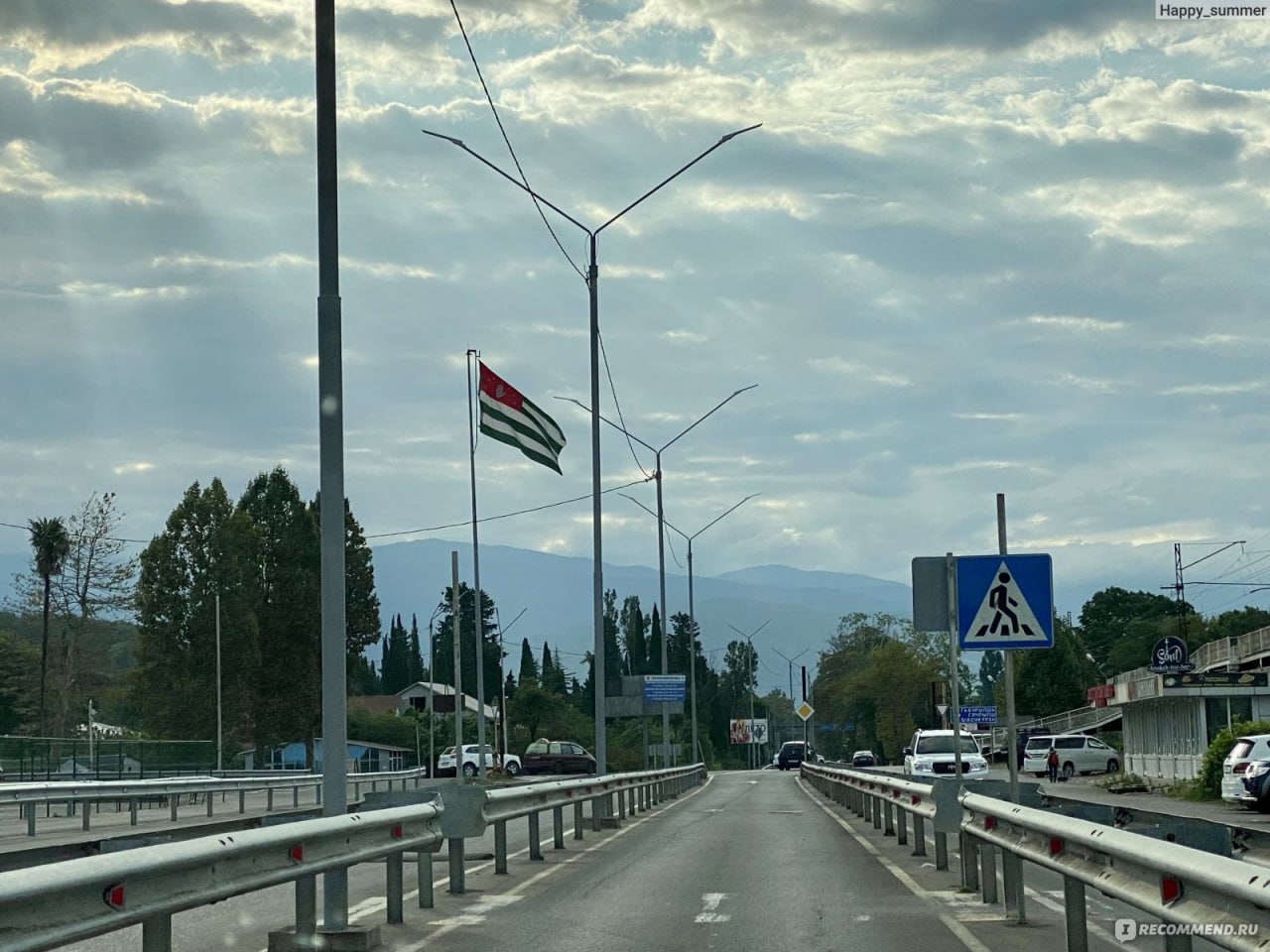The European Commission recommends that the European Council grants Georgia candidate status. The President of the European Commission, Ursula von der Leyen, made the relevant statement at the press conference in Brussels.
The Commission recommends that the Council grants Georgia the status of a candidate country on the understanding that a number of steps are taken.
The press conference in Brussels, at which Von der Leyen and European Commissioner for Enlargement Olivér Várhelyi will present the report on EU enlargement to the media, started a few minutes ago.
Commission adopts 2023 Enlargement package, recommends to open negotiations with Ukraine and Moldova, to grant candidate status to Georgia and to open accession negotiations with BiH, once the necessary degree of compliance is achieved.
In the case of Georgia, in light of the results achieved, the Commission recommends that the Council grants Georgia the status of a candidate country on the understanding that a number of steps are taken.
Noting that that the Commission welcomes the reform efforts undertaken by Georgia in line with the country’s constitution which envisages its integration into the EU as a priority and overviewing steps taken towards the implementation of the EU 12 priorities since 2022, “the Commission recommends that the Council grants Georgia the status of a candidate country on the understanding that the following steps are taken”:
- Fight disinformation and foreign information manipulation and interference against the EU and its values.
- Improve Georgia’s alignment with the EU common foreign and security policy.
- Further address the issue of political polarization, including through more inclusive legislative work with opposition parties in Parliament, notably on legislation related to Georgia’s European integration.
- Ensure a free, fair and competitive electoral process, notably in 2024, and fully address OSCE/ODIHR recommendations. Finalize electoral reforms, including ensuring adequate representation of the electorate, well in advance of election day.
- Further improve the implementation of parliamentary oversight notably of the security services. Ensure institutional independence and impartiality of key institutions, notably the Election Administration, the National Bank, and the Communications Commission.
- Complete and implement a holistic and effective judicial reform, including comprehensive reform of the High Council of Justice and the Prosecutor’s Office, fully implementing Venice Commission recommendations and following a transparent and inclusive process.
- Further address the effectiveness and ensure the institutional independence and impartiality of the Anti-Corruption Bureau, the Special Investigative Service and the Personal Data Protection Service. Address Venice Commission recommendations related to these bodies, in an inclusive process. Establish a strong track record in investigating -corruption and organized crime cases.
- Improve the current action plan to implement a multi-sectorial, systemic approach to de-oligarchization, in line with Venice Commission recommendations and following a transparent and inclusive process involving opposition parties and civil society.
- Improve the protection of human rights including by implementing an ambitious human rights strategy and ensuring freedom of assembly and expression. Launch impartial, effective and timely investigations in cases of threats against safety of vulnerable groups, media professionals and civil society activists, and bring organizers and perpetrators of violence to justice. Consult and engage with civil society, allowing for their meaningful involvement in legislative and policymaking processes and ensure they can operate freely.
The European Commission’s also reported on the progress by Georgia on the reform priorities in the European Commission Staff Working Document- Georgia 2023 Report accompanying the EC Communication document (as well as in its Key Findings Report on Georgia.) The results present a mixed picture of the country’s progress, in its pursuit of EU integration.


